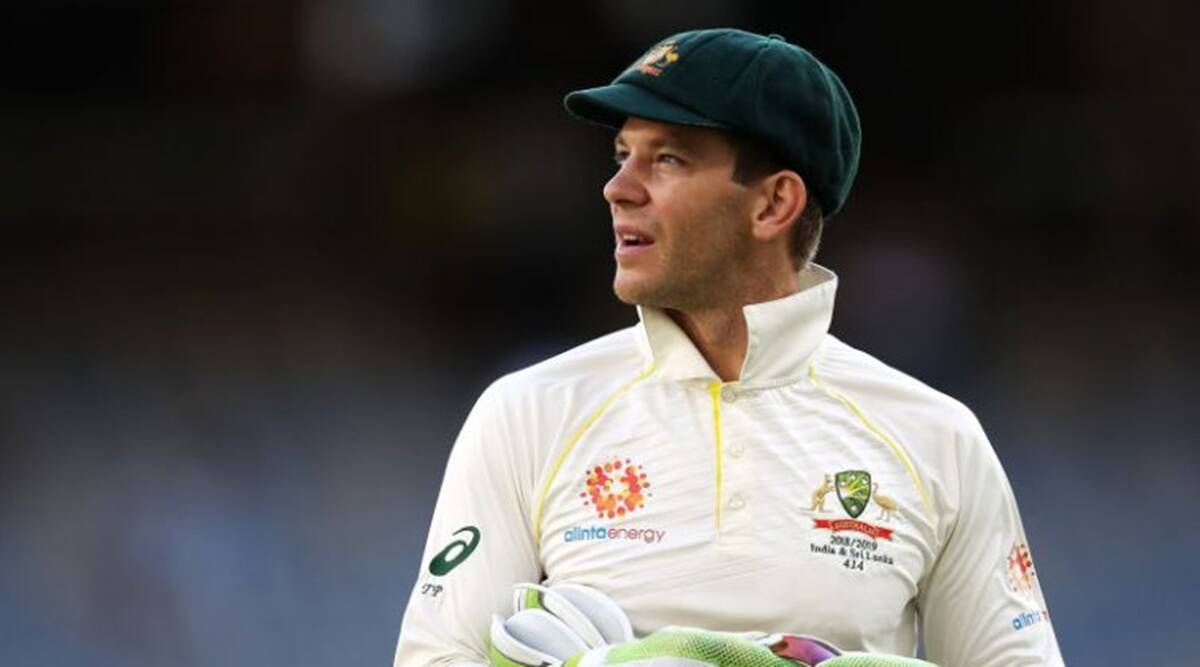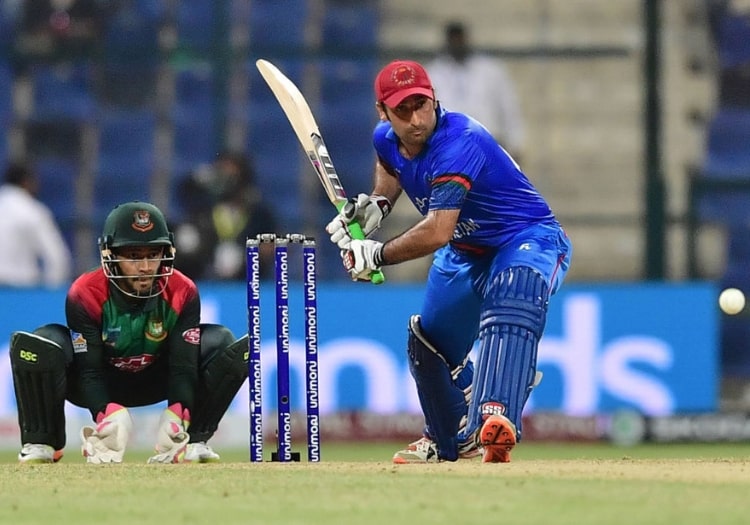Afghanistan stalwart went after Australian Test skipper for his statement against his country’s participation in the T20 World Cup and future international games.
After Cricket Australia called off their scheduled historic one-off Test against Afghanistan in Hobart later this year due to Taliban’s stance on women’s cricket, Paine had said teams could boycott playing the newest Asian Test-playing nation.

Australia test captain reckons that Afghanistan’s T20 World Cup involvement could be up for debate as well if their regime continues to pose hurdles to women’s cricket in their country.
“I don’t think we want to be associated with countries that are taking opportunities or things off literally half their population,”
“We’ve heard nothing from the ICC, which is fascinating given there is a T20 World Cup in just over a month’s time. I’d imagine it’s [Afghanistan taking part] impossible if teams are pulling out of playing against them and governments are not letting them travel to our shores.
How a team like that can be allowed to play in an ICC-sanctioned event is going to be very, very hard to see.”
he told SEN radio.
Paine added that the possibility of teams boycotting their matches against Afghanistan during the T20 World Cup is quite high.
“It’s (boycott) something that teams will discuss on the eve of that World Cup.”
In a statement made over Facebook, Afghan expressed his displeasure and disapproval of Paine’s remarks and advised him not to give such “aggressive statements” without recognising the circumstances that Afghanistan’s national men’s team has had to overcome over the years.
But what Paine said is gradually becoming a consensus within a section of the cricketing world, with experts and media calling for Afghanistan’s boycott from international cricket.
This section believes Afghanistan’s case of completely abandoning the women’s game should not be accepted and they should be considered liable to face ban from all international cricket like South Africa did during the apartheid era.
Another section, however, has reiterated that banning the men’s team will not suddenly lead to a change in Taliban’s stance against women’s participation in cricket and sport, in general. Boycotting the men’s team will also undo all their progress in the last two decades.

Afghanistan’s has been one of the most inspirational stories in international cricket. The war-torn country was recognised as an ICC member only 20 years back but is now a Test-playing full-member, which has also qualified for two ODI World Cups and 4 T20 World Cups.
An ICC spokesperson said in a recent statement that the Afghanistan issue will be discussed in detail at their next board meeting in November. This means the national men’s team is safe to take part in the upcoming T20 World Cup, unless fellow countries oppose and boycott their inclusion.

CA mentioned that it would have no alternative but to cancel their Test versus Afghanistan “if recent media reports that women’s cricket will not be supported in Afghanistan are substantiated.”
The statement threatens to cut Australia-Afghanistan bilateral cricket ties and lead to more nations following suit in the near future.


